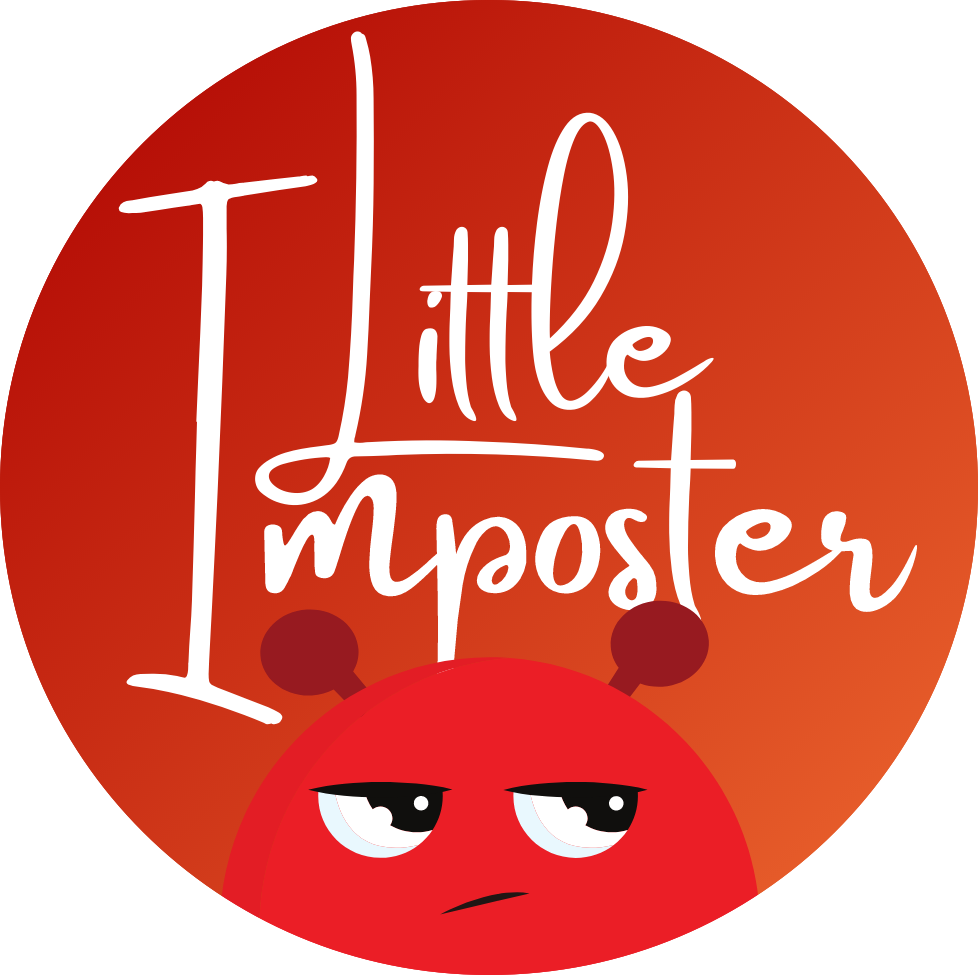WELCOME TO THE LITTLE IMPOSTER

Today, the number of people who hear the words “Imposter Syndrome”, and can declare an affinity with the experience, is growing rapidly. But, why is this the case? What really is it? What causes it? What impact does it have? And, perhaps most crucially, how do we solve it?
Join us for a transformative experience that shifts your mindset, elevates your confidence, unlocks your true capabilities and unleashes your potential through our online courses, interactive live webinars, and personalised professional coaching.
Where did Imposter Syndrome come from and how could Positive Psychology help?
In 1978 Dr Pauline Clance and Dr Suzanne Imes first coined the phrase Impostor Phenomenon in research. This is a technical term for what most of us know as the Imposter Syndrome. It’s been many years since and yet the experience seems to be more common than ever before. Why is this the case?
There are a multitude of things that can cause the ‘syndrome’, and several different ways in which it shows up. Not all little imposters are alike. Albeit a very unique experience to each person, there are many practical things Positive Psychology can do to help you address it.
WHAT IS IMPOSTER SYNDROME?
The little imposter dwelling within can be quite different person to person. In fact, some of them go undetected for many years, as we often tend to believe what we think about ourselves without doubt.
Very simply put, it is a set of limiting and negative beliefs about our self. These beliefs in turn cause us to do certain things (behaviours) when a triggering event occurs. So it is often driven by the circumstances we find ourselves in, but these behaviours can also become quite habitual.
People who have imposter type feelings often believe they are out of their depth and perhaps do not belong or deserve their successes. One can have very low self-esteem, habitual procrastination, work too much, and even an inclination to self-sabotage or try to remain under the radar.
WHAT IS POSITIVE PSYCHOLOGY?
It is the applied psychology of happiness, wellbeing and flourishing. It seeks to identify approaches that lead to a life of optimal functioning; exploring the attributes, behaviours, practices, strengths and virtues that enable individuals, communities and organisations to thrive.
Where this can add value to Imposter Syndrome is in enabling people to not only come to know their greatest potential, but also to know themselves on a more human level. It can help people to become more self-accepting and self-compassionate, making room for growth.
There is no one fixed pathway to overcoming imposter type feelings, the practices that work well for one may not for another. However, this is where a field as rich and diverse as Positive Psychology can really help, as it holds a plethora of options.
THE LITTLE IMPOSTER QUIZ
How big is your Little Imposter?
Take this short quiz to find!
These questions are a small selection of diagnostics inspired by my ongoing research. Let me know in the message box how you find answering these, and if you are interested in taking an even closer look at your inner imposter.
Reframing your inner gremlins…
It can help to begin appreciating the positive intentions of your inner imposter, while remaining aware of the negative by-products it can create. For all its “evil effects”, there may actually be corresponding “angelic aims”, a kind of heaven and hell of your inner imposter. Knowing what these intentions are can help us to mitigate some of the ways they can impact you and others.
ANGELIC AIMS (Positive Intentions)
- To keep you safe from feeling attacked or blamed
- To demonstrate competence or credibility
- To be accountable for high standards
- To only put your best work out there
- To do and be what others want to see
- To avoid something you feel is hard to do
- To show humility and manage expectations
- To show true stoicism and self-reliance
- To show strength and cope under pressure
- To release tension or even squash a threat
EVIL EFFECTS (Negative By-Products)
- Can mean you don’t own your part in it
- Can make you appear like a ‘know-it-all’
- Can set unrealistic expectations/pressure
- Can prevent good work from being seen
- Can mean you abandon your own needs
- Can mean you never start/finish things
- Can belittle effort/dismiss good feedback
- Can prevent collaborative effort and value
- Can lead to error, failure and burnout
- Can destroy trust and important relations
“What dictates whether the little impostor will serve you as an internal cheerleader, moral compass or persecutor are the steps you take to understanding it.”
“What dictates whether the little impostor will serve you as an internal cheerleader, moral compass or persecutor are the steps you take to understanding it.”
Imposter Syndrome causes us to want to hide away from facing it head-on, yet this rarely leads to empowerment and the ability to transcend its effects. Speaking about it has been shown to be one of the key ways we can overcome it. Why not book a free taster coaching session?
WEBINARS, COURSES & PUBLIC SPEAKING
I currently offer a range of ways for people to explore the topic in a group setting. To find out more about my series of webinar and workshop courses visit the learning page. If you would like to discuss a more bespoke speaking engagement please get in touch.


